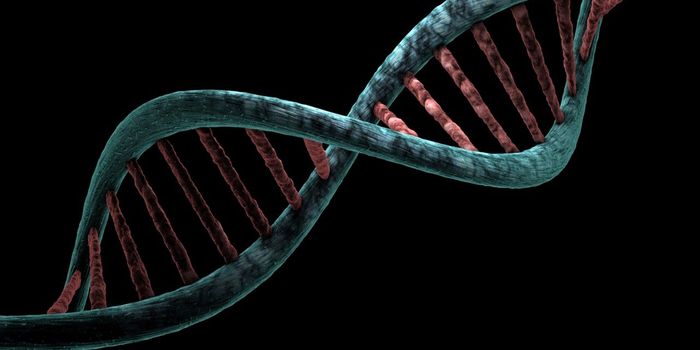Statins could reduce heart damage from breast cancer treatment
Cancer treatments have a lot of side effects. For breast cancer chemotherapies that use drugs like anthracycline and trastuzumab, one of those side effects is heart damage, including heart failure. Because approximately one out of every four women with breast cancer is treated with these drugs, and roughly one in every eight women in the US will develop breast cancer, finding a way to reduce heart damage caused by chemotherapies is imperative.
"While death rates have been declining, largely due to earlier detection and improving treatments, we now know many women will later develop heart disease," said lead author of a new study, David Bobrowski, a medical student at the University of Toronto, Canada. "It's a bit of a double-edged sword; cardiovascular disease is the leading and competing cause of death among older early-stage breast cancer survivors."
New research presented by Bobrowski at the American College of Cardiology's Annual Scientific Session Together with World Congress of Cardiology (ACC.20/WCC) suggests that pairing the common cholesterol-controller medicine, statins, with chemotherapies could help protect against heart damage.
"To date, there has been limited evidence supporting the safety and effectiveness of large-scale use of cardioprotective medications for patients with early-stage breast cancer. Angiotensin antagonists and beta-blockers have only shown modest cardioprotective effects in clinical trials, and these medicines are sometimes poorly tolerated in this population given their side effects of fatigue and dizziness, which many patients already have from their cancer therapies or the cancer itself," said Bobrowski. "Our results suggest that taking statins is associated with a significantly lower risk of developing heart failure requiring hospital-based care among women with early-stage breast cancer who received one of these cancer therapies."
The findings from the study conclude that women receiving anthracyclines or trastuzumab treatments while on statins had a significantly lower risk of developing heart failure when compared to women not taking statins. Those numbers came out as 58% and 66% respectively over the median five-year follow-up period.
"Our research expands on earlier, smaller studies. If these associations are confirmed in a prospective trial, this will represent an important step forward to optimize cancer outcomes by decreasing the trade-off of long-term cardiac disease or related deaths," Bobrowski said.
Sources: ACC, Eureka Alert









